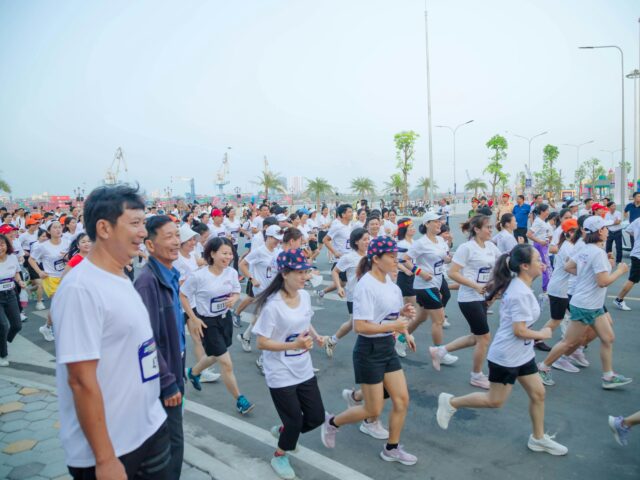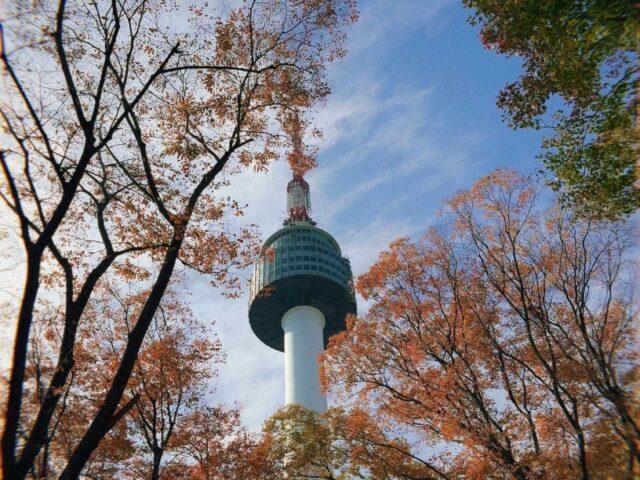Getting sick. Here’s something that had barely graced my mind when preparing to study abroad. Sure, it was bound to happen, but I thought, what’s the big deal? I had gotten sick at home plenty of times and always handled it just fine. Plus, I would be triple covered by my home school’s health insurance, the TEAN one, and the South Korean government insurance! What I didn’t stop to appreciate is that back home, I speak the language, am familiar with the locations and processes, and, most importantly, have loved ones looking out for me.
I don’t know about you, but when I came to study at Korea University, I came with a lot of had-nevers. I had never lived away from my family. Never figured out how to feed myself every single day three times a day, had a roommate, walked thirty minutes every day to get anywhere, or used public transportation. And I had never gotten sick (try walking down the dorm hill like that), found a clinic (that spoke a language I understood), gone to the doctor (what type of doctor do I even need for this?), called my health insurance (my phone barely has service half the time), and payed for medication (if they were as expensive as in the States, I was doomed) by myself.
If this is not you, then I’m proud. You’re a trooper. But if you would be anywhere as lost as I was, here are some tips I wish I had known.
The Basics
First things first: over-the-counter medication. Depending on where you’re from, your go-to for a small cold might be a Walgreens or a Walmart for some medicine, a few comfort items, and ingredients for a nice tea. Sorry to break it to you, but there are no one-stop shops like Walmart in Korea, and full-scale E-Marts are few and far between.
Luckily, there are several small pharmacies on Anam, the main street near Korea University. Here, you can talk to the pharmacist about your symptoms (make sure to have a trusted translation app handy unless you speak Korean), and they can prescribe you cold medicine, stomach medicine, or the works. No antibiotics, though. For that, you need a doctor, but we’ll get into that later.
While the hill that the dorms sit atop quickly becomes manageable and swift for KU students, trust me when I tell you you’ll want some basics stocked up. Nothing sucks more than having to walk back uphill with a stomachache or a stuffy nose. Essentials will vary depending on your needs but usually include allergy, stomach, cold, and maybe some pain medicine. We all know that a quick Tylenol can make all the difference when your sore throat is so bad you can’t sleep. If at any point you need meds while the pharmacies are closed—as they often will be late at night, early in the morning, on Sundays, and during holidays—a convenience store is your next best bet. While their selection will be smaller, they usually have essentials tucked away.
The Monsters
So, what do you do when you have something more than an annoying cold or a sore limb? In a serious emergency, dial 119. This is the emergency medical services number in South Korea with English-speaking operators available. Unlike in the U.S., ambulances are free in Korea. So, if you or a friend are in an emergency situation, do not hesitate to call. (Side note: 112 will get you in contact with the police if you ever need it.)
What do you do if you need a doctor but not in a “rush-me-away-in-an-ambulance” kind of way? First, contact your TEAN onsite team or the TEAN 24-hour hotline if it’s after hours. Don’t make my mistake of trying to contact insurance first and ending up frustrated, scared, and overwhelmed. Your Program Leader will be the most helpful and know where or to whom to direct you.
When it’s time to pay for a doctor’s visit, if you use the TEAN health insurance, you’ll pay upfront, and the insurance will reimburse you accordingly. Be sure to ask for an itemized receipt at checkout. If you’ve already gotten your Alien Registration Card (ARC), you can automatically use the Korean government insurance by showing your ARC and paying the discounted rate on the spot. Your ARC will also entitle you to insurance discounts at pharmacies, where applicable, so be sure to ask when buying meds!
If you go through insurance to help make an appointment, I suggest calling them. Emailing like I did will take half a century. If you’re a KU student, they’ll probably direct you to the nearby Korea University Hospital. If you get there by walking up from the university on Anam, you’ll go up the tall escalators, past a Starbucks and outside area, and into a main entrance. Next to the reception desk, there should be an office with a title for international patients, which is probably your best bet for directions—but be sure to communicate with your insurance about where to go. Also, make sure that your appointment is 100% confirmed by the insurance before you get there and walk around the hospital lost for an hour. I may be biased by a bad experience, but I really suggest using up your on-site resources before contacting overseas insurance.
For the Girls
We girls know that it’s inevitable to pay a visit to the doctor for a girl’s checkup (yes, this is coded, but you get the gist). You might not imagine needing to on a fun study abroad adventure, but this already vulnerable experience is even less fun with the stress of finding a doctor in a culture you are unfamiliar with. Whether it’s for a general checkup, a UTI, an STI, morning-after pills, or a full-blown talk with your doctor, it helps to know where to go.
Ivy Women’s Clinic (아이비여성의) is located right outside Dongmyo Station Exit 8, in the same building as the McDonalds but through a separate entrance on the side. This clinic accepts walk-ins (although there may be a wait) and has an English-speaking doctor and very kind staff. Just remember you must arrive before 6 p.m., they’re closed on Sundays, and their break is from 1 p.m. – 2 p.m daily. If you have your ARC, you can show this to use the government health insurance.
Recovering
Obviously, we all hope to stay healthy during such an amazing experience so far from home. While getting sick can be intimidating, it will be manageable. Regardless of how little sick or big sick you are, don’t be afraid to jump on a sobbing call with your mom or ask a friend to go with you to the pharmacy or doctor. You’re already strong dealing with this in a new country—there’s no need to do it alone.
Sometimes, what we need most is a nice, comforting meal. The restaurant 무아국수 is right down Anam before the train station if you’re coming from the dorms. It’s under Mass Plate and has delicious noodle soup that will warm you right up.

Whether you’re annoyed by a common cold or fully freaking out because WebMD told you it’s cancer and your sibling isn’t there to laugh at you…breathe (unless you’re congested, then that might stress you out more). You have endless resources in the palm of your hand (and, no, I don’t mean Google unless it’s to look up a clinic). You’re going to be okay. Have some soup and fight those germs. You got this!
Natalia Martinez, University of Texas at El Paso, is studying abroad in South Korea with TEAN.







